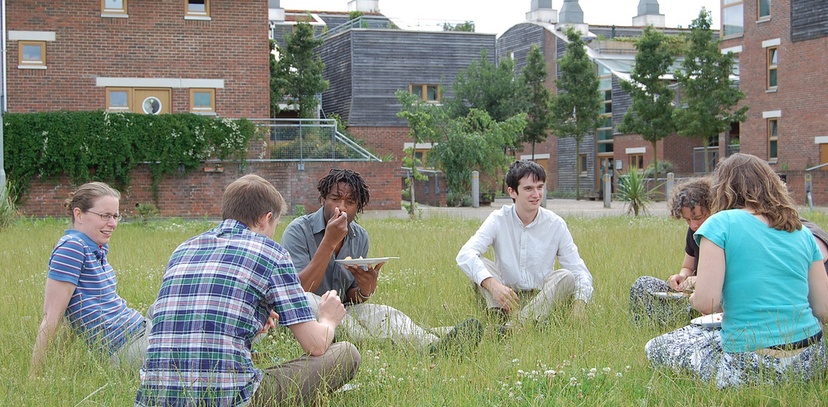
As the world’s population continues its migration to expanding urban environments, measuring the impact of mass urbanization on the lives of city dwellers becomes increasingly important. In this context, the relationship between urban growth and public health raises some interesting questions about the tensions that underpin the contemporary urban experience, i.e. between better access to innovation and improved services on the one hand, and the human damage caused by deteriorating physical and social environments on the other.
But how we can begin to combat those elements of cities that reinforce and reproduce uneven concentrations of ‘health risk’ and disease?
LSE Cities has developed a research agenda that seeks to explore this issue in greater depth. The Cities, Health and Wellbeing program, set up to inform the 2011 Urban Age Conference , looks at how city form, and the broad approaches to land management that underpin its development, can help improve quality of life for urban residents and respond to patterns of health disadvantage. Drawing on evidence from cities across the world, the aim of the program is to identify, showcase and develop projects and ideas that have improved health conditions for urban dwellers.
Communities have an important part to play in this context; particularly in the light of increasing pressures on limited public resources (i.e. from an ageing population) and a broad ideological shift away from centralised mechanisms of policy formulation and asset allocation to strategies that seek to empower local people through initiatives that encourage and facilitate direct involvement in change. Whether it be organizing local networks of mutual support for cancer patients, lobbying for improved play facilities and green space, or starting a neighborhood sports club, there are a number of practical steps that local people and community practitioners can take to support healthier lifestyles in cities.
The YouCanKingston project – in collaboration with The Young Foundation’s Health Launchpad – worked with people on Cambridge Road Estate in Kingston to uncover the specific health profile of residents. Importantly, the start point was with neighbourhood level concerns and priorities, not top-down assumptions about local needs. The findings were used to support the development of a place-based health and wellbeing strategy, moving beyond reactive, case by case approaches to physical and mental illness (access project presentations here).
This more integrated and inclusive understanding of public health also underpins the work of the Ageing Well Innovation programme here at The Young Foundation; “The aim is to stimulate new and more holistic ways of thinking about older people and their experience of services, amongst local government and partners – who may often operate quite separately from one another”. Take a look at this video to get an idea of what we are talking about.
Click here for more information on Future Communities work or any other project at The Young Foundation.
Posted by Douglas Cochrane